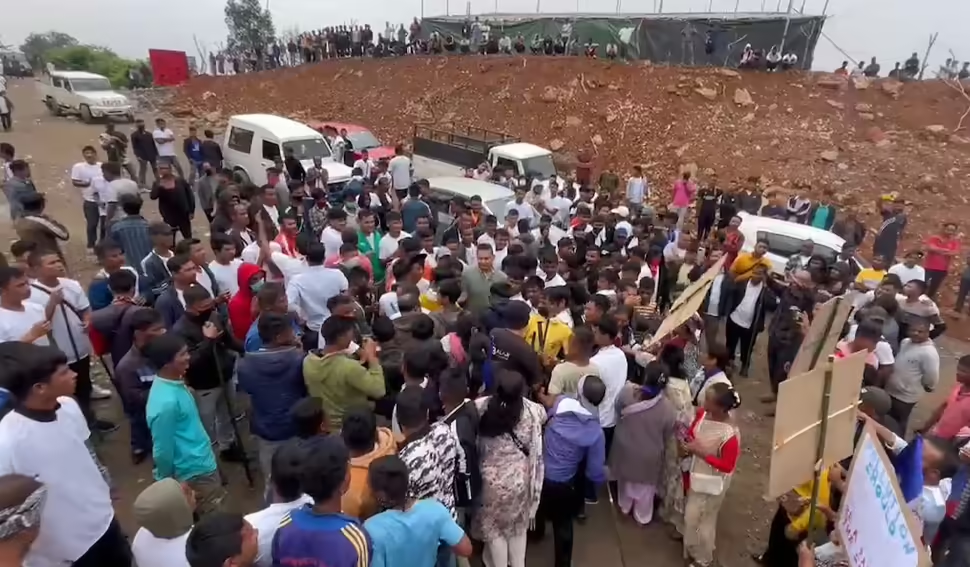Environmental Public Hearings: A Grim Recurrence in Wahiajer Village

The recent environmental public hearing held in Wahiajer village, concerning Meghatop Cement Pvt. Ltd.’s proposal to construct an integrated cement plant, once again highlights the glaring failure of the District Administration and the District Police to maintain law and order. This is not the first time such an incident has occurred. Unfortunately, history seems to be repeating itself in East Jaintia Hills, where the interests of the few are placed above the voices of the many.
It is disheartening to see how poorly the authorities have handled a matter of such significance. Public hearings are meant to be a platform for the people to express their concerns, opinions, and suggestions freely. However, in Wahiajer, the environment was anything but fair or safe for public participation. Members of the public and NGOs who had come to voice their concerns about the environmental and social impacts of this project were silenced, intimidated, and restricted from speaking out.
The root of this problem is no secret. Jaintia Hills is one of the most mineral-rich regions in Meghalaya, and this wealth has made it a playground for those in power. The state government, time and again, has shown a blatant disregard for the environment and the well-being of the local population, focusing solely on the profits that can be generated through industrial development. Natural resources in this region have been depleted for decades, thanks to unchecked mining and industrial expansion, with little to no benefit for the people who live here. And now, with this new cement plant proposal, the cycle continues.
Every new project brings the same story—powerful corporations with immense wealth pushing through their agendas with the support of the government. It is as if the government disregards the potential devastation caused to the environment and local communities. The people who suffer are always the same: the residents of East Jaintia Hills, the local farmers, the indigenous communities, and, of course, the flora and fauna of the region, which are increasingly being destroyed.

The question is: Are we heading towards over-industrialization? And, more importantly, who will pay the price? The truth is, it will be our children and future generations who will suffer the most. The continued focus on profit over sustainability will leave East Jaintia Hills barren and uninhabitable, while only a select few will reap the rewards.
There is also an urgent need to reassess the administrative and policing system in the District. East Jaintia Hills, being a complex and sensitive area, requires the appointment of senior and experienced bureaucrats who can handle its unique challenges. Instead, the District has seen the constant posting of junior IAS officers, which begs the question—what is the government’s true intention? Is it a lack of concern, or is it a deliberate attempt to weaken the administrative structure to allow such projects to proceed unchecked?
The people of East Jaintia Hills deserve better. They deserve a government that listens to their concerns, an administration that protects their rights, and a future that isn’t sacrificed at the altar of industrial profit. The recent public hearing was not just a failure of law and order; it was a failure of governance, accountability, and justice.
If we do not act now, the rich natural heritage of Jaintia Hills will be lost forever, and with it, the livelihood and well-being of its people. We must stand united in demanding fair representation, transparent governance, and the preservation of our land for future generations. The government must be held accountable for its negligence, and the interests of the public must come first.

Leave a Reply